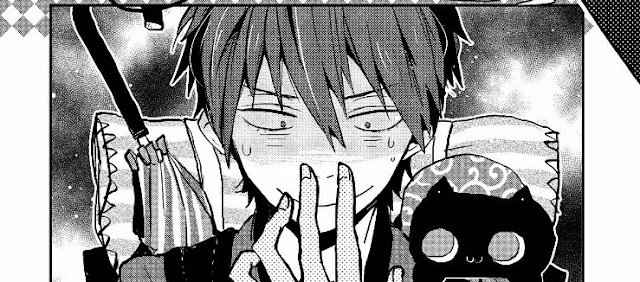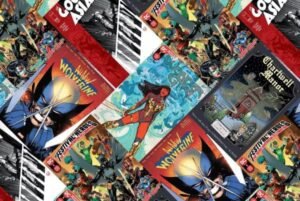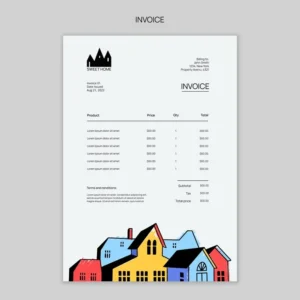Ai Wa Kane Nari: Japanese Proverb and Its Cultural Significance
“Ai Wa Kane Nari,” a Japanese proverb meaning “Love is money” or “Love is costly“. It reflects the practical side of relationships, hinting at both emotional and financial commitments inherent in love. But this concept is not limited to proverbs; it also inspires creative storytelling, such as in the manga series “Ai wa Kane Nari” (translated as “Love is Money”). In this popular manga, the complexities of love, duty, and financial entanglements play out in a fictional, entertaining context that captivates audiences through a blend of genres.
What Does “Ai Wa Kane Nari” Mean?
In both proverb and manga form, “Ai Wa Kane Nari” addresses the dual nature of love as both a profound emotional connection and a commitment that demands sacrifice. The proverb suggests that true love entails giving not only from the heart but from one’s resources. Whether in terms of time, money, or emotional energy. This notion is further explored in the manga adaptation, where the theme of love’s cost is portrayed through dynamic characters and unique storylines.
“Ai wa Kane Nari”: The Manga’s Plot and Its Connection to Real-Life Themes
In the manga “Ai wa Kane Nari,” the story centers around Sora, a young, innocent protagonist who enters the human world only to become entangled in a series of unusual and often comedic circumstances. Sora’s interactions, especially with Eriru, the enigmatic owner of a peculiar establishment, embody the concept of “Ai Wa Kane Nari” in an unconventional, exaggerated way. As Sora navigates this unfamiliar realm, the reader is introduced to the idea of love as an experience fraught with unexpected obligations and misunderstandings.
Sora’s journey becomes a fascinating metaphor for the proverb, where he inadvertently incurs “debts” of both affection and responsibility. Testing his understanding of relationships and human desires. As his connection with Eriru deepens, Sora’s experiences reflect the idea that love, even in its most fantastical and humorous forms. Comes with personal costs and responsibilities. This portrayal cleverly mirrors the notion that love is not just about emotional attachment. It often involves complex exchanges and sacrifices.
Historical and Cultural Context of in Japanese Society
The concept of love and responsibility have deep roots in Japanese culture. Duty and obligation are significant in Japanese relationships, whether in familial ties or romantic partnerships. The proverb “Ai Wa Kane Nari” reflects this perspective, where love is not only a feeling but also an investment in shared duties and social expectations. The manga, while set in a fictional realm, draws from these traditional values to craft a story that feels both fantastical and familiar.
Love, Responsibility, and Sacrifice in the Manga and in Life
While the manga takes a humorous approach to the costs of love, the underlying themes are profoundly relatable. Both the proverb and the story suggest that love is a commitment that often demands sacrifices, financial considerations, and emotional resilience. Here is how these elements are represented in the manga and can also be seen in real life:
-
Romantic Responsibilities
Sora’s relationship with Eriru unfolds in a setting where emotional investments quickly turn into unforeseen “debts.” This setup humorously addresses the practical aspects of relationships, where love can be costly in more ways than one. Just as in real life, the characters’ interactions highlight that affection often goes hand-in-hand with personal sacrifices.
-
Exploring Emotional Investments
The manga introduces readers to the idea of emotional debt. The idea that relationships often require us to give more than we initially realize. For Sora, navigating this “debt” becomes a learning experience, emphasizing that love. Whether romantic or platonic, is an emotional investment that extends beyond mere infatuation.
-
Humor and Complexity in Relationships
The series weaves humor into its exploration of love’s complexities. Offering a refreshing take on how even fantastical romances can mirror real-life challenges. The interactions between Sora and Eriru subtly address the idea that love demands resilience. And a willingness to endure the unexpected, much like the obligations embedded in “Ai Wa Kane Nari.”
Universal Lessons from “Ai Wa Kane Nari” for Relationships
The proverb and manga both impart valuable lessons about love and commitment:
- Embrace Responsibility: Whether in the fictional world or reality, relationships thrive when both partners acknowledge and share responsibilities.
- Balance Between Emotion and Practicality: Like the manga’s playful yet insightful storyline, finding a balance between affection and practical concerns can lead to healthier relationships.
- Acknowledging Sacrifice: The proverb and manga alike remind us that love often requires sacrifices. A universal theme that resonates across cultures and genres.
Final Words
Both the proverb and the manga “Ai wa Kane Nari” present a multidimensional view of love. Blending humor, fantasy, and profound truths about human relationships. The manga amplifies this concept with a unique story that brings the proverb to life in an imaginative world, where love and sacrifice coexist in unexpected ways. In blending romance with fantasy and comedy, it reaffirms that love, while priceless, is not without its costs.
Whether through cultural proverbs or captivating stories, “Ai Wa Kane Nari” encourages us to approach love with open hearts. And realistic expectations, recognizing that true commitment is an investment that requires us to give more than we take.
Share this content:
























Post Comment